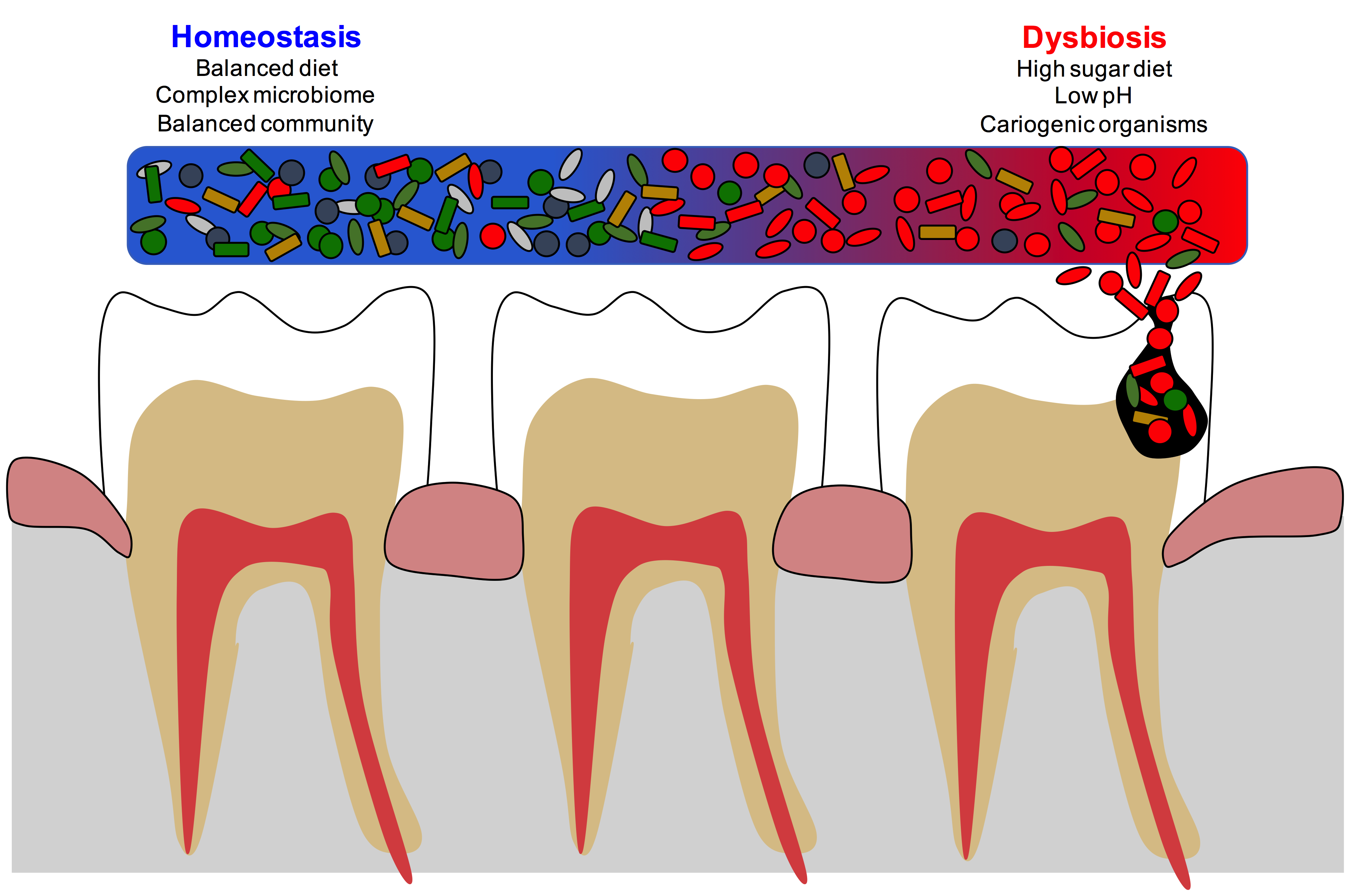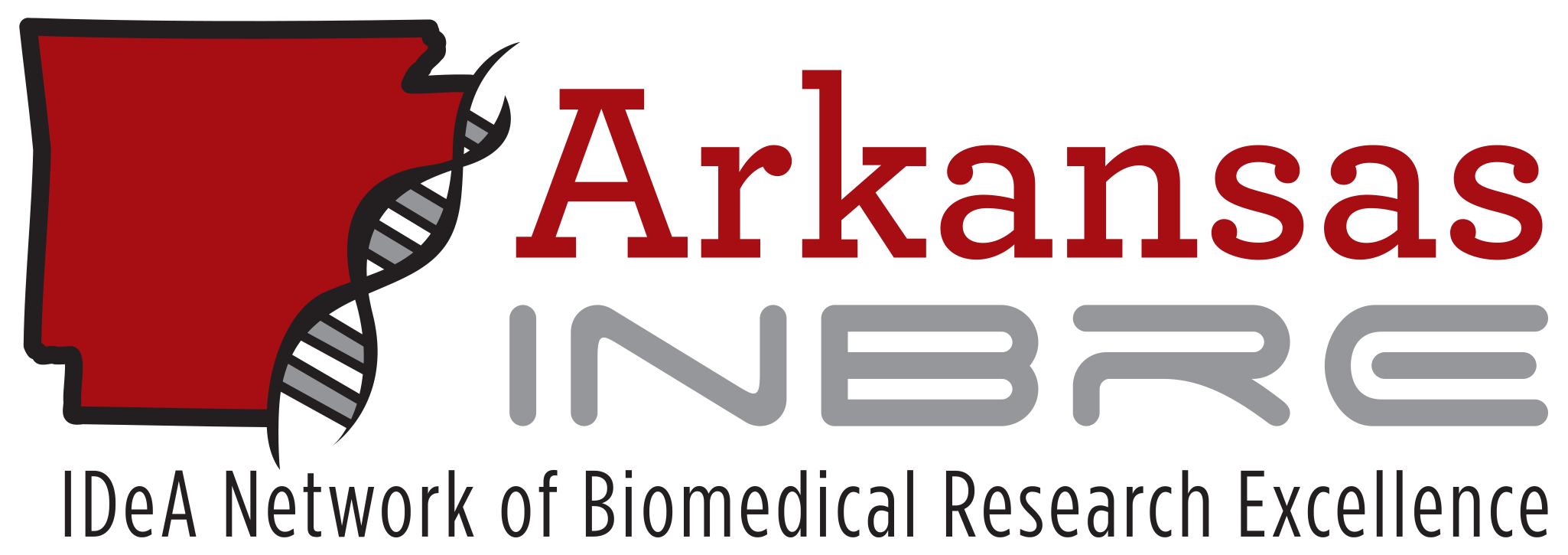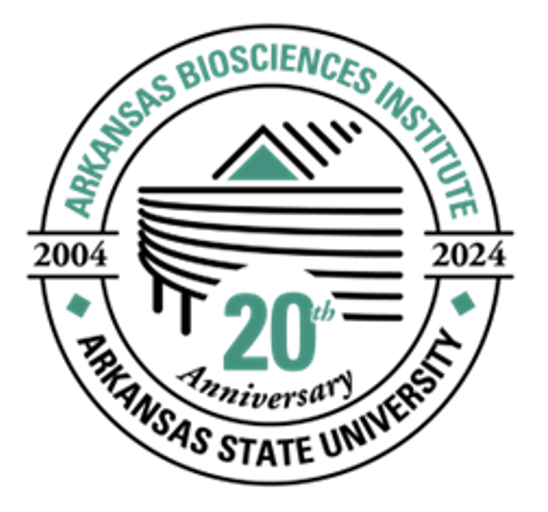The Problem - Tooth Decay
Poor oral hygiene combined with frequent ingestion of simple sugars creates an environment in which changes in the oral microbiome (dental plaque) can cause dental caries (tooth decay). If tooth decay is left untreated it causes the breakdown of teeth, with symptoms that include pain, difficulty eating and tooth loss. While education, water fluoridation and improvements to oral hygiene products have helped to decrease caries incidence and severity, the prevalence of the disease remains remarkably high ~90% of adults and ~60% of adolescents in the US have experienced caries in their adult teeth. In addition, approximately 40% of children have had dental caries in their teeth. Surgical restoration remains a primary way to treat caries, with significant costs associated with dental treatment. Moreover, caries is predicted to remain a significant global health problem as developing countries increase consumption of cariogenic sugars and life expectancies increase.
Below is a simple diagram explaining the process of caries which is predominately caused by shifts in the abundance of certain oral bacteria. These shifts are caused by changes in the environment - eating and drinking excess sugar without good oral hygiene.

Our Approach
The long-term goal of the lab is to understand how Streptococcus mutans causes tooth decay. This includes addressing which genes are essential for pathogenesis, and what is the role of other bacteria in promoting or reducing S. mutans colonization. Systems and synthetic biology techniques are critical tools for addressing these problems. Understanding the biology of this organism will allow us to develop new treatment modalities, both against S. mutans and other streptococcal pathogens. Other infections and diseases caused by streptococci include pneumoniae, meningitis, and strep throat.
The Tools
We use a variety of methods, both traditional and modern, to understand how Streptococcus mutans causes tooth decay. These tools include, next generation sequencing, electron microscopy, forward genetics (transposon sequencing), CRISPR technologies and fluorescence microscopy.

The Projects
Identifying essential genes critical for the colonization and persistence of bacterial pathogens
Essential genes are those that are absolutely required for the survival of bacteria. Knowledge of essential genes is important for two main reasons, 1) they highlight fundamental processes of bacteria, and 2) they may offer targets for new antimicrobial therapeutics. We leverage genome-wide functional genomics tools to identify and study genes that are critical for S. mutans survival; these techniques including transposon sequencing and CRISPR interference.
Funding - NASA Space Biology Program
Characterization of novel essential genes
Microbial essential genes can be broadly categorized into three pathways: processing of genetic information, energy production, and maintenance of the cell envelope. However, contained within the essential genome are a number of genes for hypothetical proteins for which virtually nothing is known regarding their biology. Work related to identifying the function of some of these genes has already begun, and we have made good progress addressing the functions of an essential transcriptional regulator. Addressing the functions of these as yet undetermined genes could be critical for developing new therapies against pathogens.
Funding - NIDCR R03
Precision editing of the oral microbiome
Our lab is interested in applying CRISPRi and related technologies to discover anti-S. mutans therapeutics. We are currently working on an antimicrobial that represses essential gene expression to eliminate the growth of S. mutans.
Funding - Colgate CARE award





